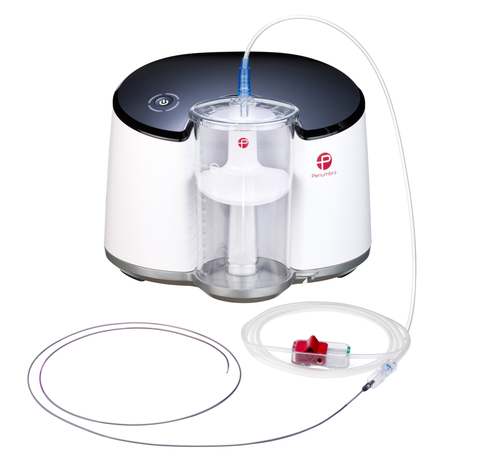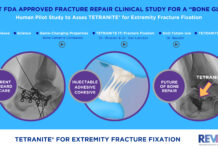
ALAMEDA, Calif.– Penumbra, Inc. (NYSE: PEN), a global healthcare company focused on innovative therapies, announced initial INSIGHT Registry data showing Penumbra’s RED® reperfusion catheters were successful in removing all clot types. Additionally, results of sub-analyses of the COMPLETE study showed use of the Penumbra System is effective for acute ischemic stroke (AIS) patients with tandem lesions, as well as patients who are considered in the late window of treatment. The results were presented at the 2022 World Federation of Interventional and Therapeutic Neuroradiology (WFITN) in Kyoto, Japan.
“The initial data from our INSIGHT Registry is very promising. With such a high first pass rate, Penumbra’s RED catheters can restore blood flow much quicker, which we know can lead to improved outcomes for patients,” said Sandra Lesenfants, president of interventional at Penumbra, Inc. “Penumbra’s focus has always been to help as many people as we can, and this data demonstrates that our latest technology is indeed making a positive impact.”
The initial INSIGHT Registry data evaluating Penumbra’s latest RED reperfusion catheters in 161 AIS patients showed 68.9% had successful first-pass revascularization (mTICI≥2b-3), and 97.0% had successful revascularization after final angiogram through site reported findings. Final mTICI≥2b-3 scores were reported in 98.1% of patients with firm-red clots and in 100% of patients with other clot types. The INSIGHT Registry is a multicenter post-market evaluation.
“Mechanical aspiration thrombectomy is becoming an increasingly important option for physicians treating acute ischemic stroke, especially patients with more complicated cases,” said Osama Zaidat, M.D., the National Principal Investigator of the COMPLETE study. “Oftentimes, patients that presented late or have tandem lesions (15% of MT cases) are difficult to treat. However, the data showed the Penumbra System delivered good functional outcomes and low 90-day mortality rates for these patients, which compared favorably to other options.”





